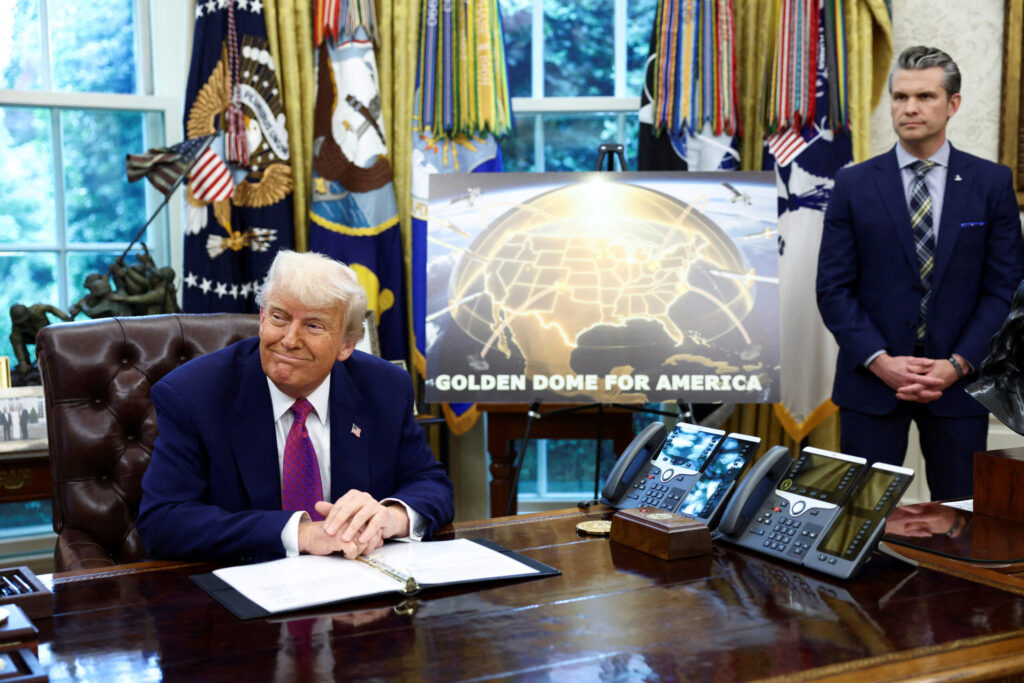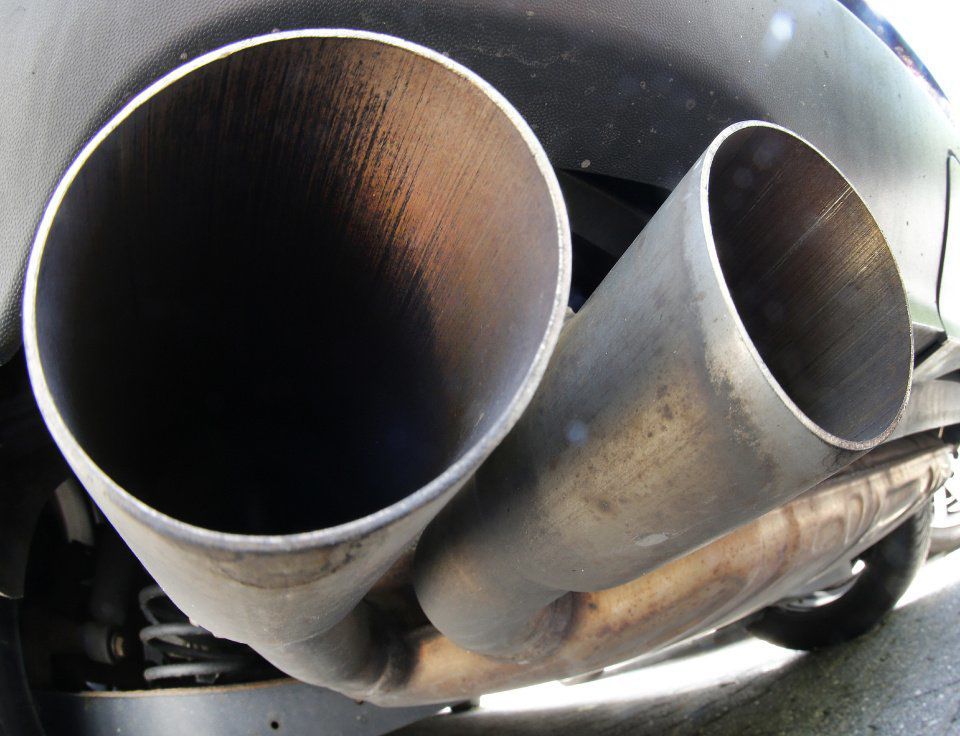Satellites, spacecrafts sent into orbit increase; investors hesitant to spend: Report

Earthlings’ interaction with the celestial realm reached new heights over the past year, but investors in the space industry were not as enthusiastic about the proposition of rocketing into orbit, a report from the Space Foundation showed.
The Space Foundation, a nonprofit based in Colorado Springs that provides information and education about space, released its fourth-quarter report this week that showed 2022’s increase in launch activity of satellites and spacecrafts year-to-year was larger than ever.
The number of payloads reaching orbit last year was 36% higher than 2021, a release from the Space Foundation said.
But Lesley Conn, director of research and digital programming for the Space Foundation, said the year was marked by hesitancy in investor activity when it came to space endeavors.
“We have a lot of companies vying to provide launch services,” Conn said. “Investors tend to want to see a very quick return on their money. They also want a guarantee on their money and that’s where the space industry can still be tricky.”
Investors can grow impatient and hesitant because of the industry’s long development times and the possibility for failure, Conn said, noting that several maiden launches of rockets failed in 2022.
“There is still investor interest partly because space is so fascinating, and people love to be associated with that,” Conn said. “But what we are beginning to see is that the investors that do have money are going to be more closely examining these startup companies.”
With investors becoming more scrupulous, mergers and acquisitions will likely become more prevalent, Conn said. The Space Foundation has noted that trend, according to a news release that accompanied the fourth-quarter report.
Space startups also will need to become keener in their presentation from the angle of bottom-line accounting to convince investors, Conn said.
Colorado Springs home to a USA TODAY’s top 10 best destination wedding resort
But familiar companies with many government contracts under their belt, such as Northrop Grumman, Lockheed Martin and SpaceX, are expected to continue to perform well, Conn said.
Government contracting is important for such companies, particularly since defense spending has continued to climb. The Pentagon more than doubled its space budgets from 2005 to 2022, the release said.
The precarious budget situation in the U.S., however, could impact defense spending in the future.
“What happens in one year or two years from a budget standpoint can have implications,” Conn said, “especially as China is becoming more and more competitive … about exploring the moon and establishing its presence there ahead of any other nation.”
As China and other nations around the globe become more involved in space and send more payloads, policy and law are becoming an up-and-coming discussion.
“One reason we look at launch activity is because it is the supply line to what happens in space,” Conn said. “That’s the mechanism for delivering all the satellites that orbit the Earth.”
More launch activity will continue into 2023 that had previously been scheduled for 2022 but was delayed due to COVID-19, supply-chain issues and other unforeseen factors, Conn said.
“Satellites that do everything from guiding our car … (to) online banking, but it also does weightier, more important things such as monitoring the Russian invasions of Ukraine or better understanding climate change,” Conn said.
“All of these things are really happening and can be better gaged because of satellites in space.”
New Southern-style chicken salad chain restaurant ready to roost in Colorado Springs














